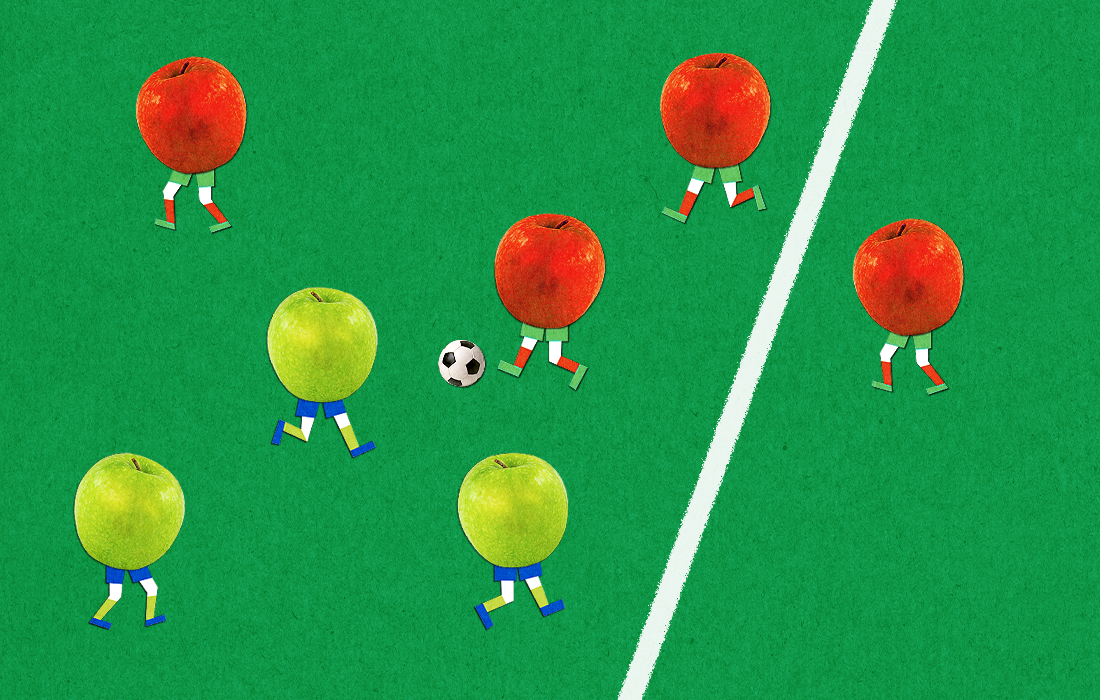
An increasing number of athletes, including Lewis Hamilton and Venus Williams, are adopting a vegan diet, claiming it is great for their health and career. Scientific evidence supports their claims that a vegan diet is effective for performance and health.
Vegetarianism has been around since the ancient Greeks when Pythagoras refrained from eating any meat. In addition to the common practice of vegetarianism, the phenomenon of veganism — which was first popularized in the 1940s — is a form of stricter vegetarian diet that eliminates both eggs and dairy.
Lewis Hamilton, a prominent Formula One racer, has been vegan since 2018. A typical day of eating for him consists of avocado toast for breakfast paired with a smoothie. For lunch, he usually eats a salad, and has a plant-based curry for dinner. Hamilton also snacks on protein bars and nuts.
Hamilton feels that veganism has been incredibly beneficial for his health and his athletic performance.
“I wake up feeling way better, clearer in thought and fresher in my body. I recover quicker; I sleep better. My skin cleared up. I have fewer allergies. There are just so many impacts,” Hamilton told Men’s Health Magazine.
Hamilton initially went vegan to become more conscious of his impact on the planet and for performance purposes. In small increments, he was able to fully stop eating animal products.
Similarly, tennis star Venus Williams went vegan in 2011 after her diagnosis of Sjögren’s Syndrome — an autoimmune disorder that causes the body to attack itself. She noticed the diet to relieve some of her symptoms including fatigue and joint pain. She has found that the vegan diet positively impacts her health.
“So to be able to control as much as I can — what’s happening in my body, my inflammation levels — through what I eat is a godsend,” Williams told Insider.
And the research supports athletes’ positive vegan experiences. Recent research suggests that a balanced vegan diet can be comparable to a meat-protein diet in terms of athletic performance and health.
Vegan diets offer many benefits, such as reducing the risk of atherosclerosis, which is a thickening of the arteries due to plaque buildup. It can also boost the immune system to counteract suppression from strenuous exercise and reduce heart rate during exercise.
However, there are some nutritional drawbacks to the vegan diet. Notably, since plant proteins contain lower amounts of amino acids and the vegan diet can supply less vitamins than an omnivore diet, vegans may require nutritional supplements. Eliminating a major food group in meat also limits an individual’s options for fulfilling nutritional needs.
Williams has experienced the issue of needing extra nutrients, which is why she regularly takes supplements and fuels her days with different protein powders using shakes.
While it is possible to gain significant muscle and strength on a vegan diet, veganism has been largely criticized due to cultural prejudices. As a result, many workers in sports-related fields are hesitant to encourage athletes from changing their existing diet into a vegan one.
In reality, research has shown that a vegan diet does not hurt athletic performance nor is it harmful to human health. Although its role in enhancing athletic performance is still unclear, the diet may be worth exploring further due to the numerous health benefits it offers.
—
Annie Lu | Staff Writer
Graphic: Jaymie Stachyruk | Graphics Editor
Leave a Reply